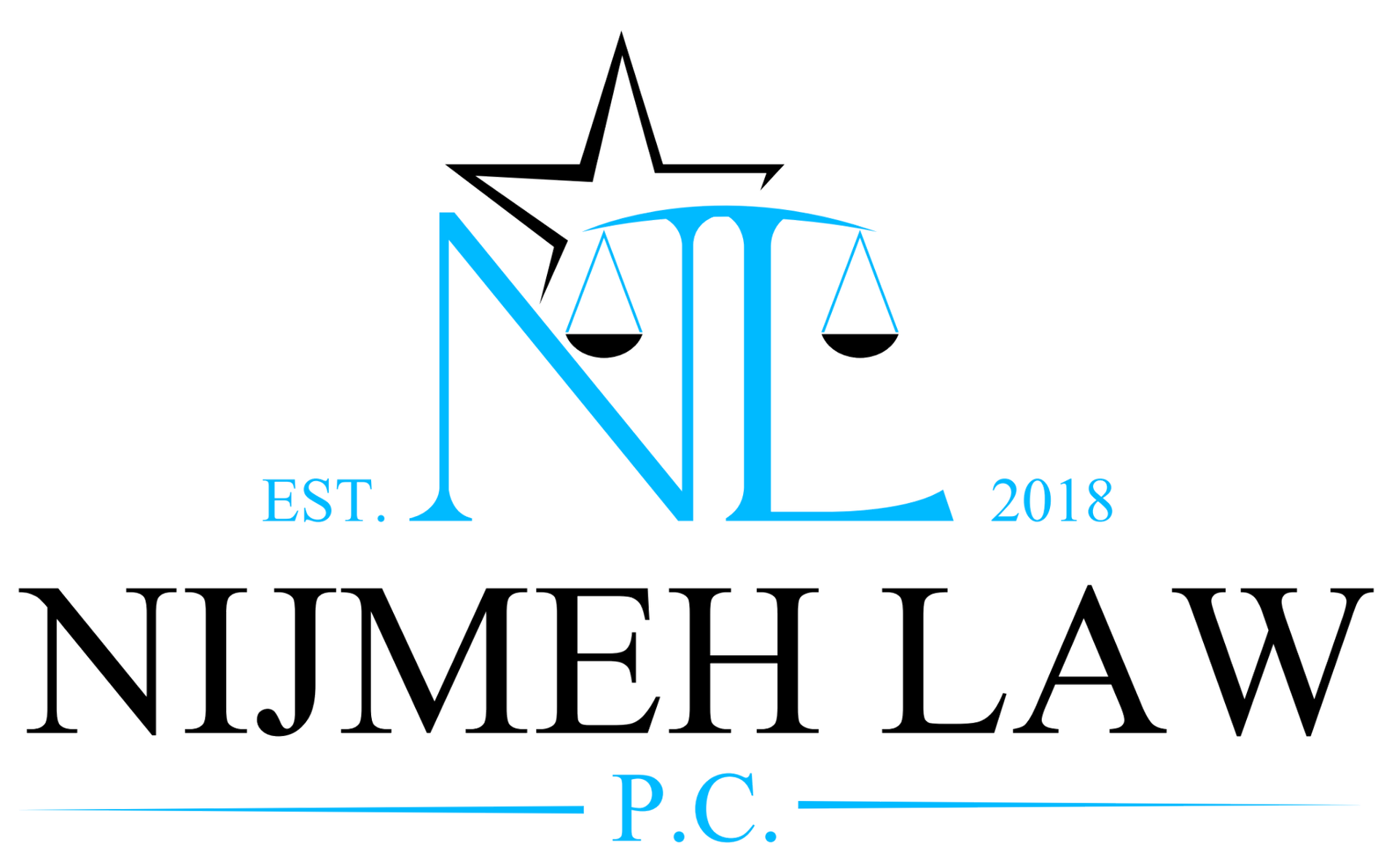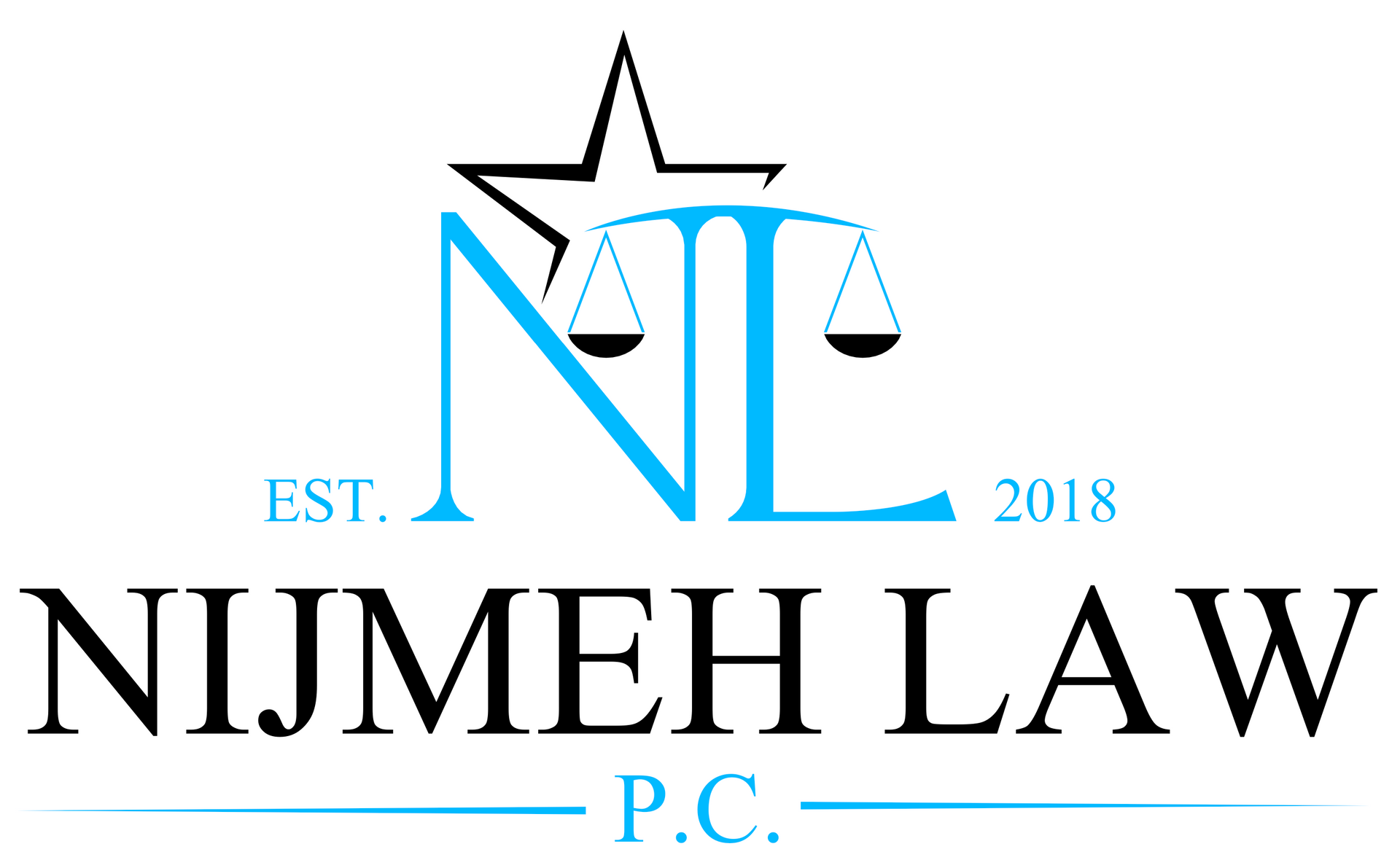Mediation
Mediation in California Family Law
A Private, Cost-Effective Path to Resolution
Mediation is one of the most commonly used forms of
Alternative Dispute Resolution (ADR) in family law cases. At Nijmeh Law, P.C., we guide clients through mediation to resolve divorce, custody, support, and property division issues without the cost and stress of litigation. Mediation empowers you to stay in control of the outcome, preserve your privacy, and move forward on your terms.
What Is Mediation?
Mediation is a voluntary process where both parties work with a neutral third-party mediator to resolve disputes outside of court. The mediator helps facilitate conversation, clarify issues, and guide negotiations—but does not impose a decision.
Common Uses for Mediation:
- Divorce settlements
- Parenting plans and custody arrangements
- Spousal and child support
- Property and debt division
Why Choose Mediation?
- Cost-Effective: Avoids expensive court battles
- Confidential: Keeps personal matters out of public court records
- Flexible & Faster: Sessions are scheduled on your timeline, not the court’s
- Control: You and your spouse decide the outcome—not a judge
How We Help
Nijmeh Law, P.C. can serve as your legal advisor during mediation or help you prepare ahead of sessions. We ensure that your rights are protected, your voice is heard, and any agreements made are fair, enforceable, and in your best interest.



